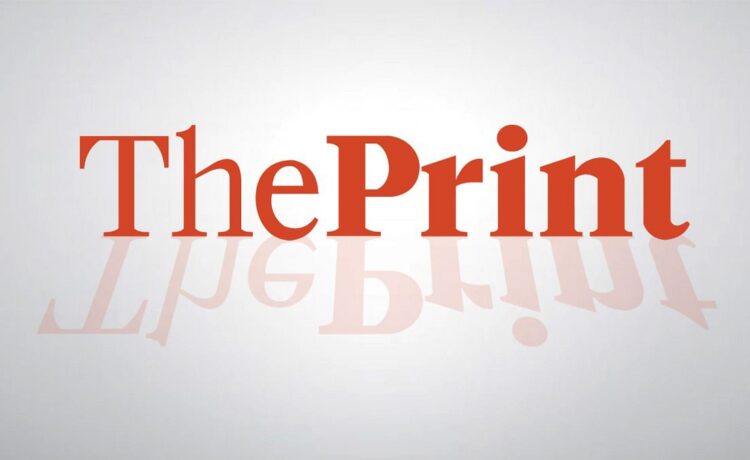Investors find it difficult to choose between direct equity investments or equity mutual funds, as they offer different financial outcomes. Both have their own strengths, weaknesses, and factors. This article explores the nuances of equity mutual funds and direct equity to help investors make a well-informed decision.
Equity mutual funds
Equity mutual funds collect money from investors to invest in a diversified stock portfolio. They are managed by experienced fund managers who make investment decisions in alignment with the fund’s goal.
Direct equity
Direct equity involves buying shares of a company directly through a brokerage account. This provides investors direct control and ownership of their investments.
Comparative analysis
This table provides a comparative analysis between equity mutual funds and direct equity:
| Comparative analysis | Equity mutual funds | Direct equity |
| Risk and return | Provide moderate returns with lower risk due to diversification. A professional fund manager assists in making informed decisions, but this may limit potentially higher returns. | Can provide higher returns but with greater risk. The chances of loss are high if the investor makes poor decisions or if market conditions are adverse. |
| Investment control | Investors surrender control to the fund manager. It is ideal for individuals who lack the time or prefer not to make their own investment decisions. | Investors have control of their portfolios, making decisions based on their own research and market outlook. |
| Costs and fees | Includes management fees and other charges that affect overall returns. Fees cover professional management and administrative expenses. | Involves brokerage fees for buying and selling stocks but no management charges. However, research costs and the time required to manage investments can be significant. |
| Liquidity | Open-ended mutual funds offer high liquidity, allowing investors to sell units at the current Net Asset Value (NAV) on any business day. Some funds charge an exit fee for early redemption. | Highly liquid, as stocks can be purchased and sold on the stock exchange during trading hours. However, liquidity varies by stock. |
| Management and expertise | Managed by expert fund managers with expertise and resources to analyse investments. Suitable for investors who lack the expertise or time to manage investments actively. | Requires investors to research, examine, and monitor their investments. Best suited for those with stock market knowledge and the ability to dedicate time to managing their portfolio. |
| Diversification | Provides diversification by investing in multiple assets, reducing risk and supporting long-term returns. | Investors can diversify across sectors, but achieving the same level of diversification as mutual funds requires substantial capital and effort. |
Conclusion
The decision between equity mutual funds and direct equity is based on investors’ goals, risk appetite, and time available for management. Equity mutual funds provide diversification, expert management, and convenience, making them suitable for a broad range of investors.
Direct equity investments offer greater control and higher return potential but require significant time, expertise, and risk appetite. Many investors adopt a hybrid approach, using the best mutual funds for diversification while investing in direct equity for targeted growth. The ideal strategy is one that aligns with financial goals, investment horizon, and risk appetite level.
ThePrint BrandIt content is a paid-for, sponsored article. Journalists of ThePrint are not involved in reporting or writing it.

